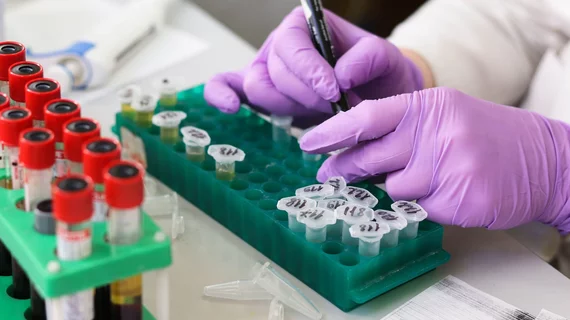The Federal Trade Commission is suing Illumina, a gene sequencing firm, in an effort to stop its proposed $7.1 billion acquisition of life sciences firm Grail.
The move highlights the recent efforts by the FTC to tamp down on healthcare consolidation after years of rapid mergers and acquisitions. In 2019, the agency vowed to analyze the impact of health systems and hospitals after a number of insurers made big deals across the healthcare space. The FTC also challenged Illumina’s planned acquisition of Pacific Biosciences of California in 2019.
Grail, based in California, is a maker of non-invasive, early detection cancer screening tests using DNA sequencing. Ilumina is the only company that provides the type of DNA sequencing that is viable for these multi-cancer early detection tests, which can test up to 50 cancers, according to the FTC. A merger between the companies would create a monopoly on the technology and “diminish innovation in the U.S. market” for this type of test, the agency alleged in its complaint. Grail is one of a few companies racing to develop liquid biopsy tests that can analyze patients’ DNA sequencing through blood samples or other fluid.
“The vast majority of cancers, which account for about 80[%] of cancer deaths, are only detected after patients exhibit symptoms. That is often too late to treat effectively,” said FTC Acting Chairwoman Rebecca Kelly Slaughter. “The MCED test is a game changer for cancer patients and their loved ones. If this acquisition is consummated, it would likely reduce innovation in this critical area of healthcare, diminish the quality of MCED tests, and make them more expensive.”
If the merger between Illumina and Grail were to move ahead, Illumina could raise prices on Grail’s competitors, impede the research and development efforts of Grail’s competitors, or refuse or delay licensing agreement with other MCED test developers. Already, these developers have no choice but to use Illumina for specific uses.
The Commission voted 4-0 to seek a temporary restraining order on the deal, and a trial is scheduled to begin August 24, 2021.

